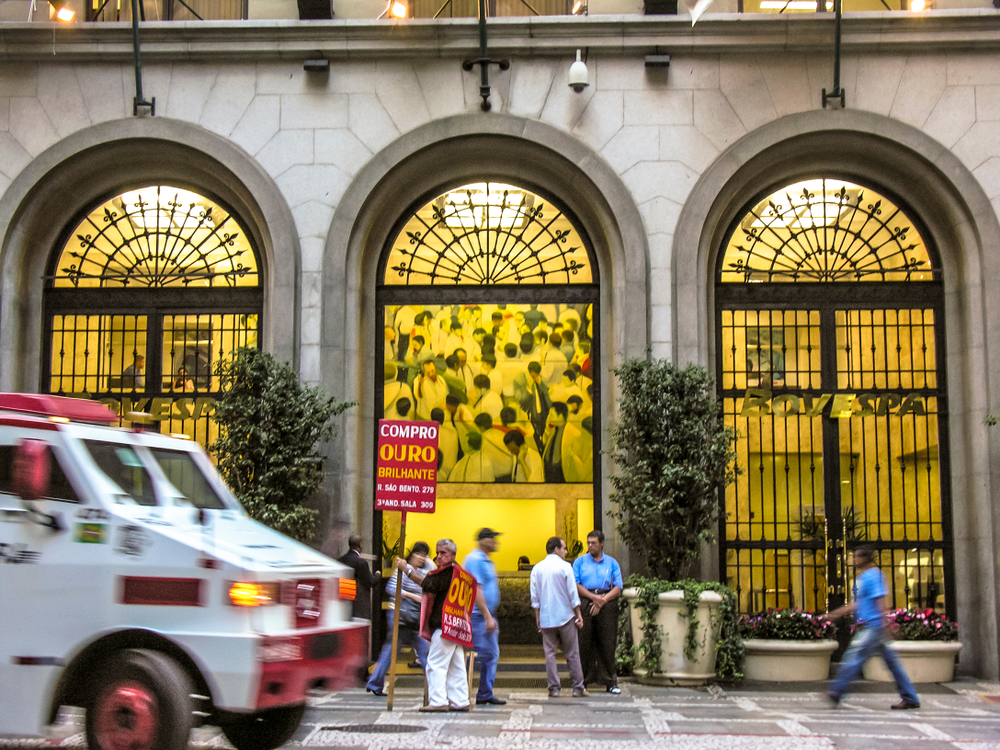Since reaching its lowest point for 2019 in May (dropping to 89,000 base points), breaking new record-highs has become the norm for Ibovespa, Brazil’s benchmark stock index. Over the past two months, the index has risen 16 percent, fueled by investors’ optimism regarding the pension reform’s progress in Congress. But politics and financial markets work at a different pace. And that’s why, after months of euphoria, investors are already beginning to worry about the future—before the reform has even left the House.
The progress Brazilian markets have made so far is, ironically, one of the reasons for investors getting cold feet.
In 2017, the country seemed poised to overhaul its pension system—until the so-called “Joesley Day.” Audio recordings showed then-President Michel Temer apparently asking businessman Joesley Batista to pay hush money to a jailed former House speaker. Mr. Temer managed to cling on to his office—but lost all his political capital, which he needed to broker a reform.
Since that day, Ibovespa levels have risen 66 percent. 2019 could be the fourth consecutive year with double-digit gains for the stocks index.
Market operators also have their eyes on the international stage. The U.S.-China trade war may reduce the Asian giant’s appetite for commodities, and the...


 Search
Search






































